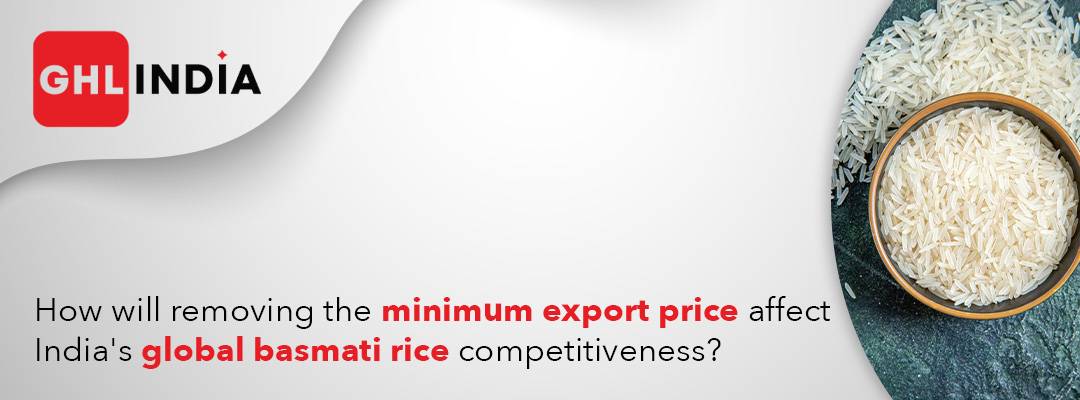
Summary:
India's recent move to reduce the minimum export price (MEP) for basmati rice is likely to dramatically increase demand from the Middle East, Europe, and the Americas. The removal of the $950 per metric ton minimum price allows Indian exporters to offer more competitive pricing. Mr. Akshay Gupta of KRBL Ltd. believes that this adjustment will boost export volumes ahead of the new season crop's arrival.
The previous minimum export price (MEP) limited certain grades of basmati rice shipments. Its withdrawal now provides global purchasers with greater options, according to Gaurav Bhatia, director of DD International. India and Pakistan are the only producers of quality basmati rice, and previous restrictions allowed Pakistan to gain market dominance. With the MEP gone, India may recapture this share, as stated by Dev Garg of ViExport. In the first four months of the fiscal year, India's basmati rice exports increased by 20% year-on-year to 1.9 million metric tons, with output expected to rise by 10-12% this year.
Source: IBEF
Disclaimer: The information on this website comes from the India Brand Equity Foundation (IBEF), a reliable source for thorough insights into numerous areas of the Indian economy. While we aim to offer accurate and up-to-date information, the views, opinions, and analyses stated herein are solely those of the authors and contributors and do not necessarily represent IBEF's official stance or position. Readers should check information from credible sources and use their own discretion when relying on content provided on this site. We assume no responsibility or liability for the supplied content, including its accuracy, completeness, and usefulness.
